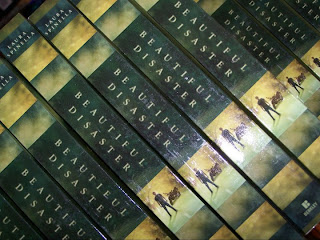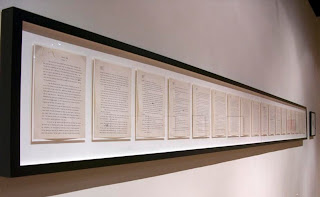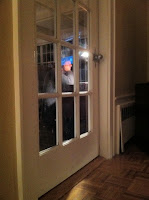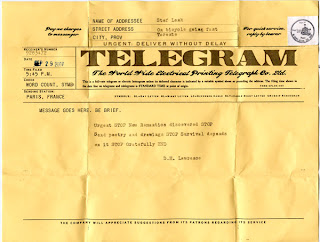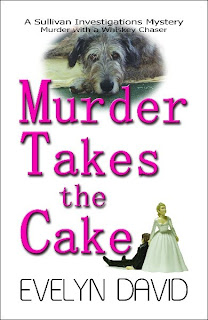Fun & Name-Games
found herself smitten with Doolittle before Darcy ever crossed her mind. Would these grand works of literature have
been influenced by something as basic as a name? Fast forward to modern times and
it’s clear that name choice is no less critical. Had Margaret Mitchell been in
more of a Susan mood, Scarlett might
not have resonated in quite the same manner. And what about Scout? Her name feels
like a fingerprint on Harper Lee’s character, a curious tomboy through whom the
reader views the world. While all the parts have to come together, nothing cues
the music or gets us on board like a character’s name. It’s one of my favorite parts of the writing
process, and something I stumbled on by accident… or error.
in Salisbury, Maryland. After yet another yawning interview with hospital’s latest
CEO, or maybe it was the manager of a restaurant in town, I did what I always
did. On the drive back to my desk, I recast the subjects. Along with savvier
bios and backgrounds, I gave them far more illustrious names. They weren’t
necessarily exotic or catchy, just a better fit for the personal history I’d embellished.
This was all fun and games until an intriguing alias ended up in the piece I’d
been assigned. I told the proper story about the new director of parks and
recreation, but I’d accidentally given him the name I conjured up. Yeah, it
wasn’t good. You can misspell someone’s name, an unprofessional but forgivable faux
pas. But dish up a Sunday spread, photos included, and call him something other
than the name his mama gave him and, well, it’s an embarrassing clue that maybe
you’re not cut out for real news
tarnished credentials for the kind of writing that embraces a bad habit. Deciding
a character’s name is one of the perks of the job and, I think, one of the most
critical elements. I don’t revisit a
character’s name once I’ve handed a story over to my editor or filed a wannabe
book in a drawer, but in the moment nothing seems quite as important.
DISASTER I was fortunate to have a Madonna moment—no, not an epiphany, just a character strong enough to stand on one name: Flynn. He actually has a first, middle and last name, but Flynn’s
single call sign ended up being as integral to his character as his dark past
and questionable psyche. There’s an interesting footnote here and why I mention
it, perhaps highlighting how deep the name process goes. Flynn’s name was fashioned
after a professional baseball player I admired as a teenager. The book’s
protagonist and real-life Flynn have about as much in common as a Kardashian
and Supreme Court Justice, but that just demonstrates how something so small
can trickle down to the heart of a novel.
if I might have to swear to it on a bible. Some of those names—Levi St John, a surname
my husband suggested over burgers at the British Beer Company, Aubrey Ellis, swiped
from an author I admire, and Frank Delacort, guttural and obstinate—floated in on a breeze.
Others, like Dustin Byrd, had to be coerced and cajoled. It was an effort to capture
the right combination of syllables and sounds to attach to his quirky
character. Curiously, Violet Byrd, Dustin’s mother, also plays a part in this
book. As I wrestled with this task, casting and deleting a dozen possible choices,
it occurred to me how much easier the name-game would be if I could have just
asked her.


